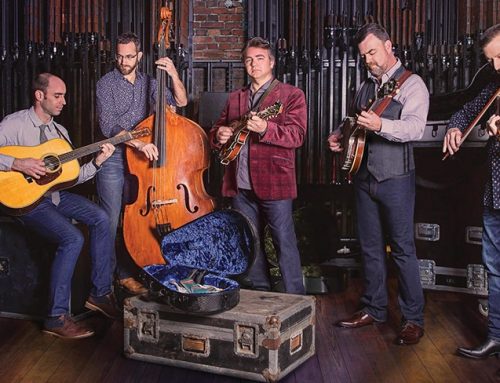While it’s hard to believe, there are cat owners who still ask vets to declaw their cats, which is an amputation of the cat’s “fingers and toes.”
It is illegal in the state of New York and banned in 40 countries worldwide. According to many experts, it’s extremely painful to cats and they never fully recover.
Several Valley residents are spearheading an effort to ban the practice in the state of Arizona so that no additional cats suffer from this surgical procedure. One such person is Kallie Rose.
“When I found out that declawing cats was still legal in Arizona, I knew I had to step up and take a stand. All our pets are precious, but no other species are subjected to the amputation that cats still endure. While many vets refuse to perform this barbaric surgery, it is still possible to get it done,” Rose says. “It’s imperative that we prevent additional suffering.”
Nonprofit organization The Paw Project is heading up a nationwide effort, state by state, to make declawing cats illegal. For more than two decades, they have been committed to educating the public, legislators and veterinarians about how this potentially crippling surgical procedure can harm a cat’s physical health and result in disturbing behavioral changes. Unsuspecting cat guardians are often unaware that declawing is an amputation of a cat’s toes at the last joint. They do not realize that negative behavioral and health changes caused by declawing can be irreversible and permanent; in effect, trading one set of problems for another.
Arizona legislators are reaching across the aisles to move AZ Anti-Declaw Bill, HB2014 (formerly HB2224), all the way to Governor Ducey for signature before year end. It has already unanimously passed the Arizona Senate Commerce Committee. The bill, which would prohibit non-therapeutic declawing, was authored by State Representative Amish Shah, MD (D – Phoenix) and State Representative John Kavanagh (R – Fountain Hills). Paw Project Director and Founder Dr. Jennifer Conrad, DVM and Arizona Humane Society CEO Dr. Steven Hansen, DVM provided testimony at the Committee hearing.
The bill must pass both houses of the legislature and be signed by the governor before becoming law. Unfortunately, there is opposition to the bill. “It’s hard to believe that anyone would oppose this bill,” said Shah, who is also an ER doctor and familiar with the painful procedure. “In my mind, there’s no way to rationalize allowing an animal to suffer in this way.”
“It’s time we get this anti-declaw bill passed. We have the support of veterinarians such as VCA Animal Hospital and Banfield Pet Hospital who have already banned the practice and our local animal rescue organizations like the Arizona Humane Society,” Rose adds. “More than 70% of people polled are in favor of making declawing illegal; the additional 30% probably just need to be educated, which is what we are trying to do.”
To learn more, visit pawproject.org.





